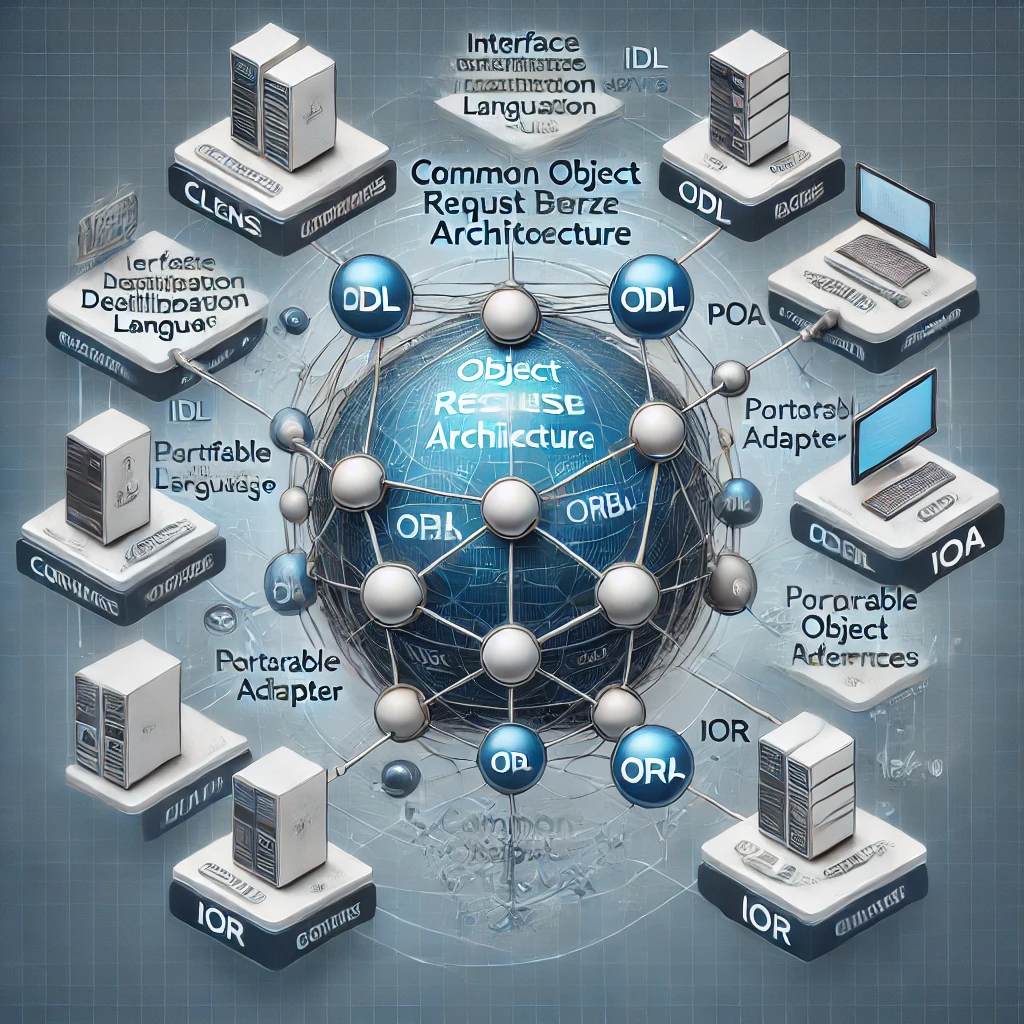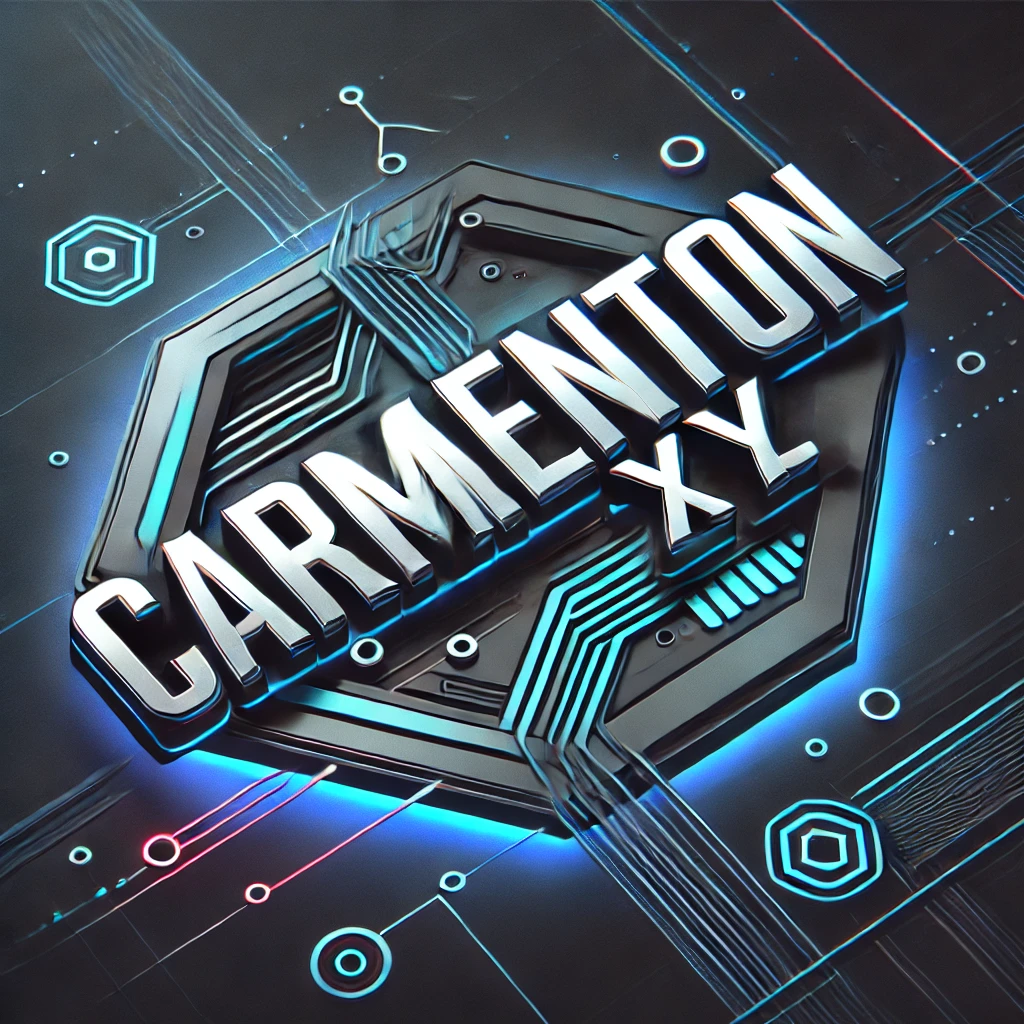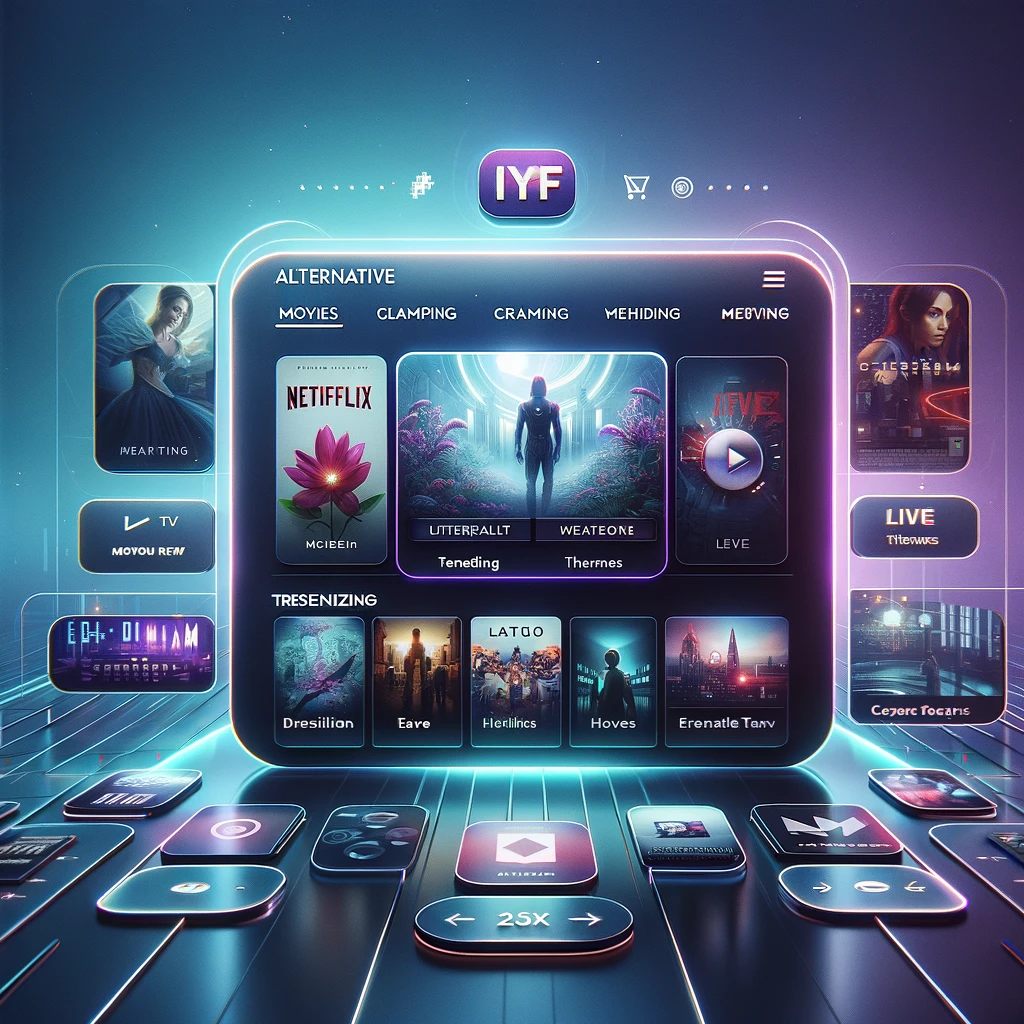Managing rental properties has evolved dramatically in the digital era. One of the most significant advancements is tenant web access, which allows landlords and tenants to manage their rental agreements, payments, and communications through an online portal. This shift towards a more technologically driven approach in the rental industry has streamlined operations and improved tenant satisfaction by providing them with 24/7 access to essential services.
This article’ll delve into the benefits, features, and security measures associated with tenant web access, its impact on the property management industry, and how it enhances the tenant experience. Additionally, we’ll explore the future of tenant portals and digital property management systems.
What is Tenant Web Access?
Tenant web access refers to an online platform provided by property management companies, real estate firms, or landlords, where tenants can manage various aspects of their tenancy. From paying rent and submitting maintenance requests to viewing lease agreements, these platforms offer a convenient way for tenants to handle their rental affairs.
Tenant web access systems have become a key component of modern property management. By providing an online solution, landlords and property managers can streamline communication, reduce paperwork, and make processes more efficient.
Key Features of Tenant Web Access Systems
Most tenant web access systems include several core features that simplify property management tasks for tenants and landlords. Below are some of the most common features found in these systems:
- Online Rent Payments
The most popular feature of tenant web access is the ability for tenants to pay rent online. This eliminates the need for checks or money orders and allows tenants to set up automatic payments, ensuring they never miss deadlines.
- Maintenance Requests
Tenants can submit maintenance requests through the portal, describing the issue and photos. This allows landlords to address problems more efficiently, prioritize urgent repairs, and track the status of maintenance work.
- Lease and Document Access
Instead of sifting through paperwork, tenants can view their lease agreements, addendums, and other essential documents anytime. This feature promotes transparency and helps tenants stay informed about their responsibilities.
- Communication Hub
Most systems feature a messaging tool, enabling tenants and landlords to communicate directly. This ensures all communications are documented, reducing potential misunderstandings and improving response times.
- Tenant Ledger
A detailed tenant ledger lets individuals track their payment history, fees, and outstanding balances. This transparency builds trust between tenants and landlords, as tenants can see precisely where their money goes.
The Benefits of Tenant Web Access
Implementing tenant web access benefits property management, landlords, and tenants alike. Here are the most notable advantages:
- Convenience and Accessibility
Tenants can access their accounts from anywhere, at any time. Whether they need to check their balance, pay rent, or report a maintenance issue, the web portal offers an accessible, user-friendly solution.
- Reduced Workload for Landlords
For landlords, tenant web access platforms reduce the need for manual processes like collecting checks, responding to emails, and managing repair schedules. This automation saves time and allows landlords to focus on expanding their property portfolio or improving tenant relations.
- Improved Communication
Having a centralized hub for communication means that both parties can track conversations and refer back to them if necessary. Tenants no longer need to worry about lost emails, and landlords can respond faster by organising all queries.
- Security and Transparency
Tenants feel more secure knowing that secure online payment systems protect their financial information. Additionally, having 24/7 access to rental documents ensures that tenants are always aware of the terms of their lease and any changes that might occur.
- Reduced Late Payments
By offering online rent payment options, tenant web access platforms often result in fewer late payments. Tenants can set up reminders or automatic payments to meet their payment obligations.
- Environmentally Friendly
Going digital means less reliance on paper, contributing to more environmentally conscious property management. Not only does this reduce paper waste, but it also streamlines processes, making them more efficient.
Enhancing Tenant Experience with Web Portals
The tenant experience is paramount to maintaining high occupancy rates and building long-term relationships. Tenant web access significantly improves this experience by offering a more user-centric approach to property management. Here’s how:
- Empowering Tenants
By giving tenants direct access to their rental information and financial details, they feel more in control of their living situation. This empowerment leads to increased tenant satisfaction and can even reduce turnover rates.
- Instant Issue Reporting
Tenants can submit issues online instead of waiting for office hours to report maintenance problems. This immediacy benefits the tenant and allows landlords to address minor issues before they become significant (and expensive) problems.
- Flexibility in Rent Payments
The flexibility to pay rent online or set up automatic payments removes the stress of remembering to pay on time. This flexibility is essential in today’s fast-paced world, where tenants appreciate convenience.
Security in Tenant Web Access Systems
Security concerns have become more prevalent with the increasing reliance on digital platforms. However, tenant web access systems prioritize tenant security through various measures.
- Data Encryption
Tenant web access platforms employ encryption technologies to protect sensitive data such as payment information, login credentials, and personal details. This ensures that information transmitted between tenants and landlords remains secure.
- Two-factor authentication (2FA)
Many systems offer two-factor authentication (2FA), adding an extra layer of security by requiring users to verify their identity through a second method (such as a text message or authentication app) before accessing their accounts.
- Regular Security Audits
Property management companies often conduct regular security audits of tenant web access platforms to identify vulnerabilities and implement necessary updates. This proactive approach helps minimize the risk of data breaches.
- Compliance with Regulations
Most tenant web access systems comply with data protection laws such as the General Data Protection Regulation (GDPR) and other regional regulations, ensuring tenants’ personal information is handled responsibly.
The Future of Tenant Web Access and Digital Property Management
As technology continues to evolve, so will tenant web access platforms. Below are some trends and advancements we can expect to see shortly:
- Artificial Intelligence (AI) Integration
AI-powered chatbots could assist tenants with basic queries, speeding up response times and freeing up landlords for more complex issues. Predictive analytics may also predict maintenance needs before they arise, enhancing tenant satisfaction.
- Blockchain for Secure Transactions
Blockchain technology offers a decentralized way to conduct secure financial transactions. In the context of tenant web access, it could be used to make rent payments more transparent and tamper-proof, giving both landlords and tenants peace of mind.
- Smart Home Integration
Tenant web access platforms may integrate with smart home systems, allowing tenants to control their thermostats, lighting, and security systems directly from the portal. This would enhance the overall living experience and provide additional value to tenants.
- Customization and Personalization
As tenant expectations evolve, we may see more customized and personalized experiences through these platforms. For instance, tenants may receive customised notifications based on their payment habits or customized recommendations for additional services.
Final Thoughts: Tenant Web Access as the Future of Property Management
Tenant web access has undeniably transformed the way property management operates. Its convenience, security, and efficiency benefit landlords and tenants, making it a vital tool in the modern rental landscape. These platforms will evolve as technology advances, incorporating AI, blockchain, and smart home integrations to provide an even better tenant experience.
For landlords looking to attract and retain tenants, adopting a tenant web access platform is no longer optional—it’s a necessity. On the other hand, tenants can enjoy a more convenient and transparent rental experience, knowing they have control over their rental agreements, payments, and communications.
Frequently Asked Questions
- What is tenant web access?
Tenant web access is an online platform that allows tenants to manage their rental agreements, pay rent, submit maintenance requests, and communicate with their landlord or property manager.
- How secure are tenant web access platforms?
Most tenant web access systems use encryption, two-factor authentication, and regular security audits to ensure tenant data is secure.
- Can tenant web access platforms improve tenant satisfaction?
Yes, these platforms provide convenience, transparency, and a better overall tenant experience, leading to higher satisfaction and potentially lower turnover rates.
- What are the future trends in tenant web access?
The future may see the integration of AI, blockchain for secure transactions, smart home systems, and more personalized user experiences in tenant web access platforms.




